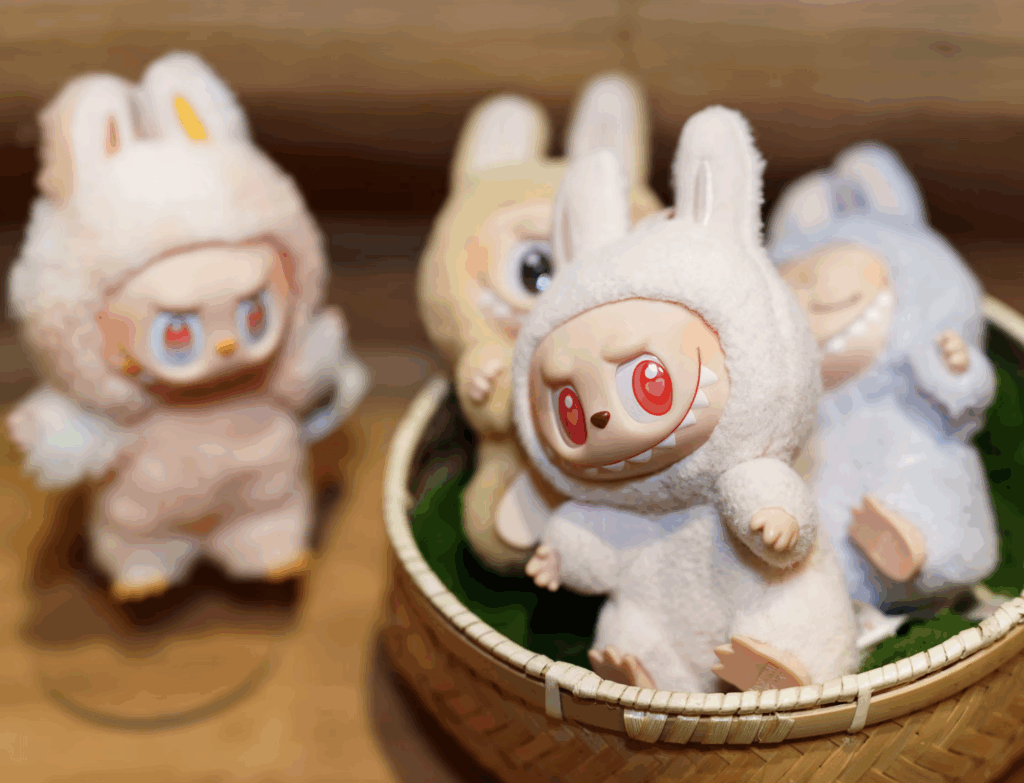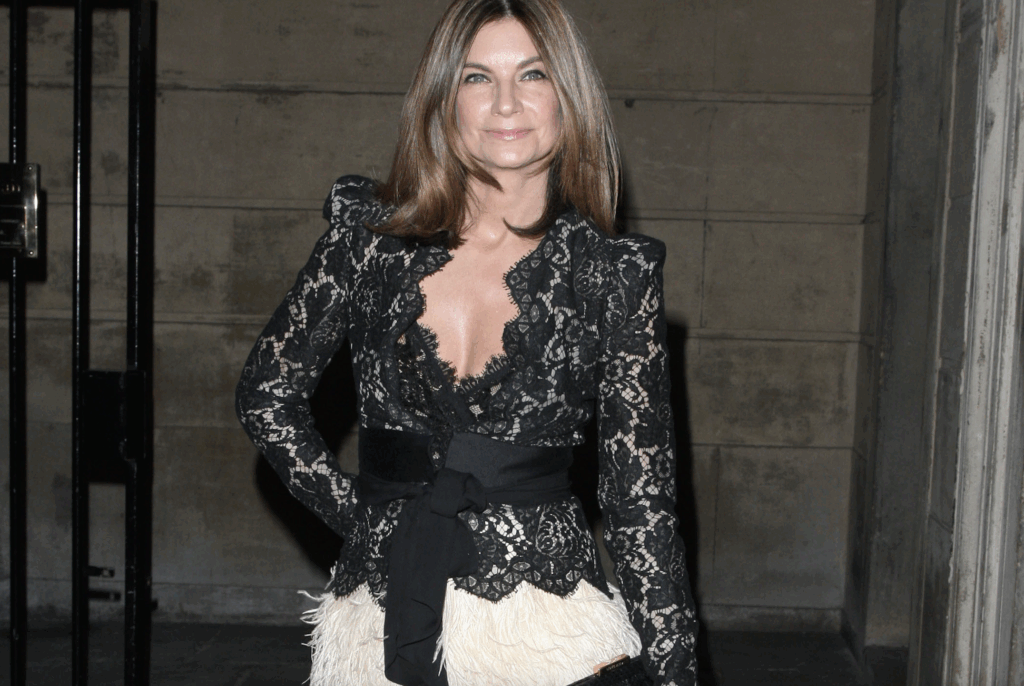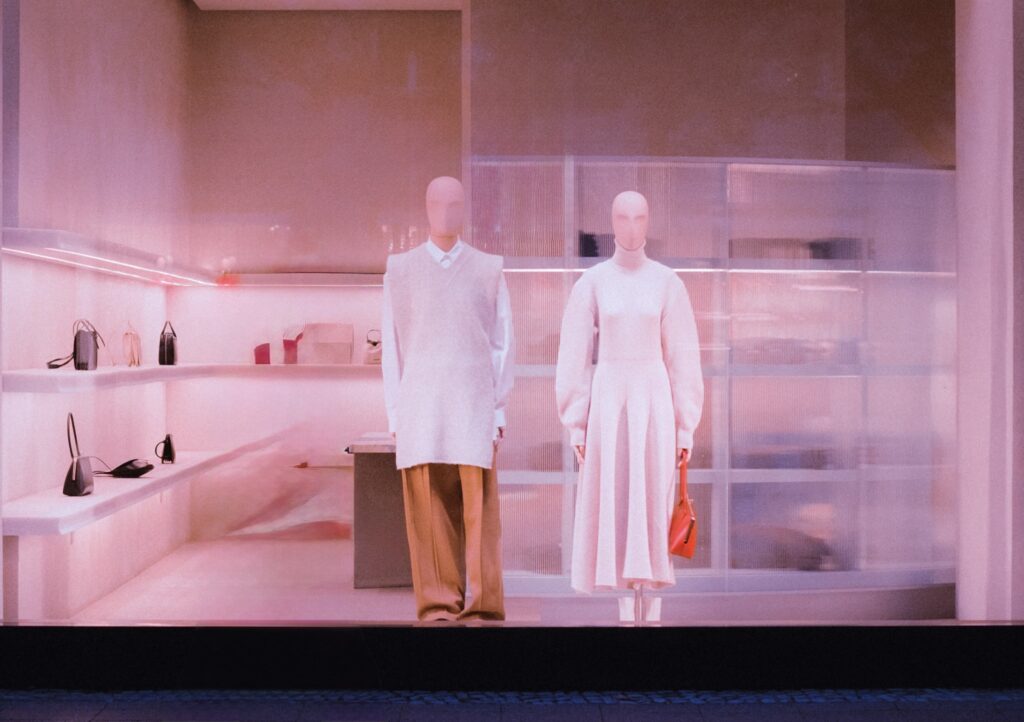7-Eleven, Inc. is asking a California federal court to dismiss claims brought by Pop Mart, arguing that the company cannot be held liable for alleged sales of “counterfeit” Labubu products in independently owned franchise stores. In a motion filed September 12, the convenience-store giant contends that Pop Mart’s sweeping complaint “mischaracterizes” the nature of the 7-Eleven franchise system and fails to allege any infringing conduct by 7-Eleven corporate stores.
The Background in Brief: Pop Mart filed suit against 7-Eleven, Inc. and several franchise operators in Los Angeles federal court in July. The Chinese company known for its blind-box art toys and IP collaborations accuses the defendants of selling counterfeit Pop Mart products in violation of federal trademark, copyright, and unfair competition laws. In its complaint, Pop Mart points to social media posts and in-store sales of allegedly infringing Labubu toys at multiple 7-Eleven-branded locations, alleging that the parent corporation maintains oversight of inventory and “ultimate control” over product offerings at franchise stores.
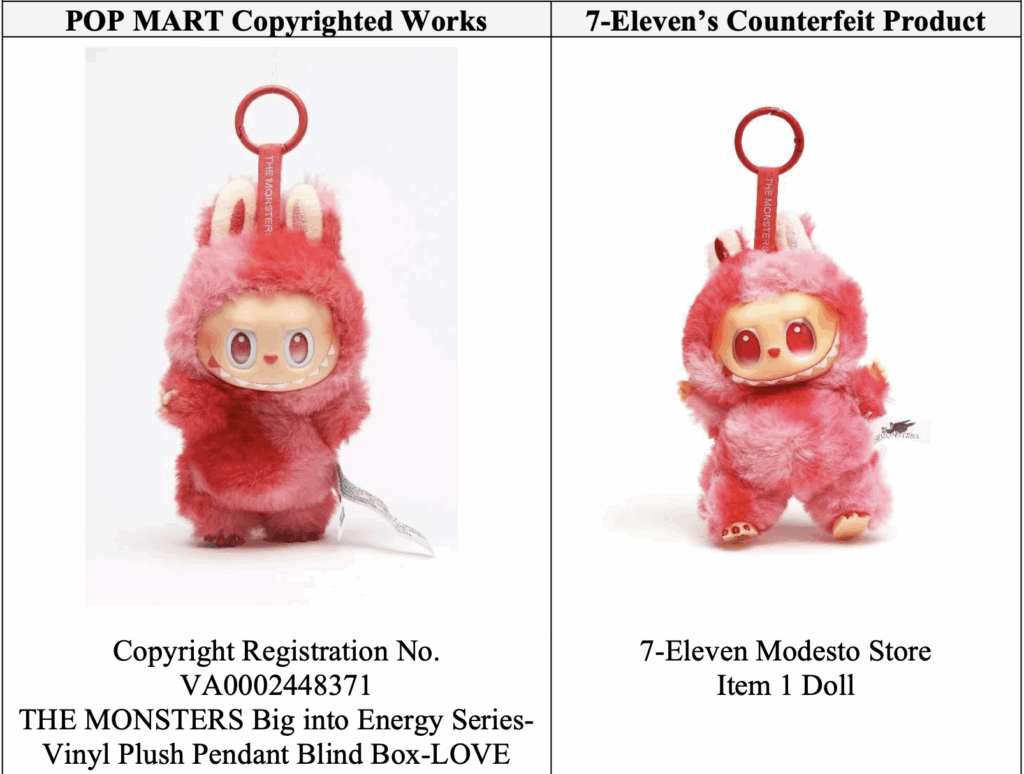
7-Eleven’s Defense
7-Eleven’s new filing seeks dismissal of all of the claims waged against it, with the company arguing that Pop Mart has not identified a single instance of counterfeit sales at 7-Eleven corporate stores – only at independently owned franchises, which operate as separate legal entities. “Franchise stores are independent contractors,” 7-Eleven claims, citing its standard franchise agreement, which expressly disclaims any agency or partnership relationship between franchisor and franchisee. Under that agreement, 85 percent of merchandise must come from “Recommended Vendors” approved by 7-Eleven. The remaining 15 percent, known as “Non-Recommended Items,” may be sourced at the sole discretion of the franchisee, without oversight or approval from 7-Eleven.
According to 7-Eleven’s motion, the allegedly infringing Labubu products were obtained from non-recommended vendors, falling entirely within that 15 percent category. 7-Eleven “did not recommend or provide these items to the franchise stores,” the filing states, adding that Pop Mart could have avoided misdirected claims had it notified 7-Eleven before filing suit.
7-Eleven addresses each of Pop Mart’s theories of liability, arguing on the direct liability for that Pop Mart has not alleged that the company, itself, sold any counterfeit products and noting that courts have consistently required actual use or sales by the defendant in order to establish trademark or copyright infringement. With respect to contributory liability, 7-Eleven asserts that these claims would require evidence that it intentionally induced franchisees to infringe or knowingly continued to supply infringing goods – conditions that do not apply here, since 7-Eleven did not supply the products at issue.
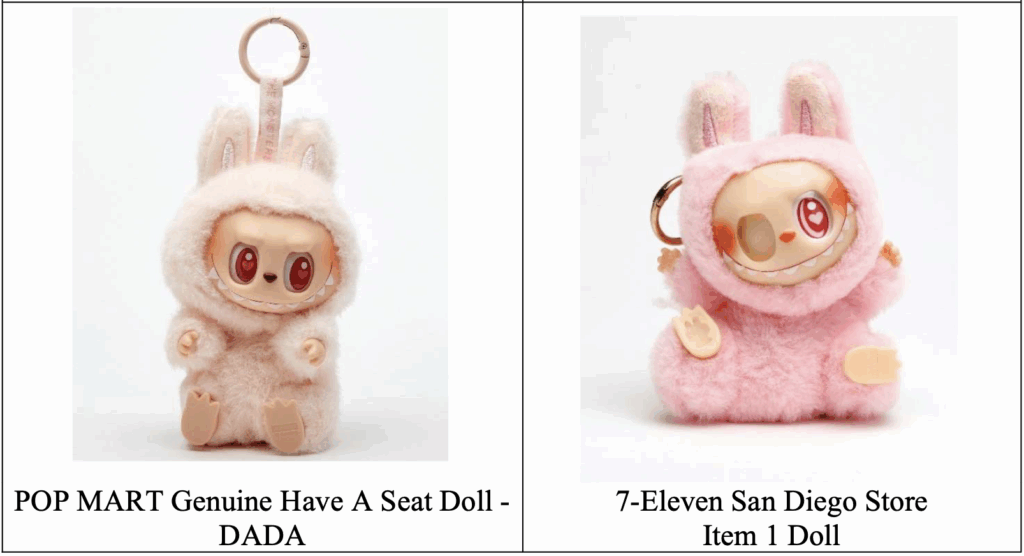
Finally, turning to vicarious liability, 7-Eleven emphasizes that courts have been reluctant to impose such liability absent a partnership-like relationship. With this in mind, 7-Eleven points to its franchise agreement, which explicitly disclaims any agency or partnership ties, leaving franchisees solely responsible for their independent purchasing decisions.
THE BIGGER PICTURE: Looking beyond the sweeping rise of the Labubu character and resulting infringement, the case highlights a recurring tension in franchise law: the extent to which a brand can be held responsible for IP violations occurring at franchise locations. Pop Mart’s claims seek to hold 7-Eleven accountable on the theory that its corporate systems give it functional control over what products are sold in franchised stores.
Meanwhile, 7-Eleven insists that its model grants franchisees meaningful autonomy, particularly when it comes to non-recommended inventory. The outcome may shed light on how far IP owners can reach up the chain of responsibility in the U.S. franchise context, as well as how global brands like Pop Mart can enforce their rights in markets dominated by franchised retail systems.
The case is Pop Mart Americas Inc. et al. v. 7‑Eleven, Inc. et al., 2:25‑cv‑06555 (C.D. Cal.).







